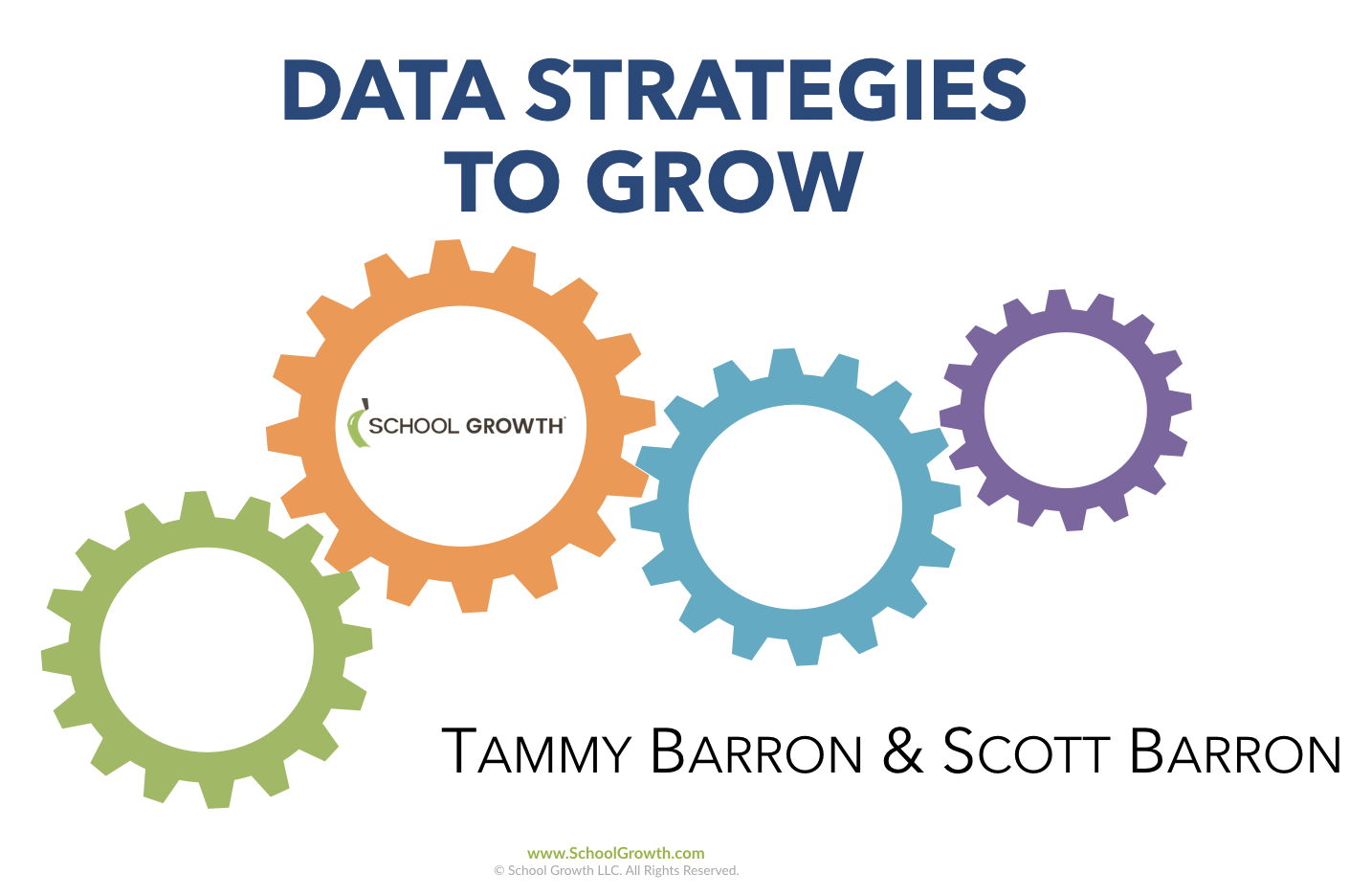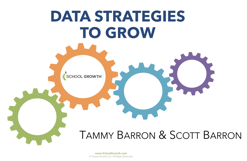
Data Strategies to Grow at NBOA 2020
 The most valuable assets of a school aren’t on the financial balance sheet. So how do you measure and leverage them to grow?
The most valuable assets of a school aren’t on the financial balance sheet. So how do you measure and leverage them to grow?
We're sharing a deep-dive course on, "Data Strategies to Grow," at the National Business Officers Association (NBOA) 2020 Annual Conference in Orlando this week to answer that question and provide guidance on how to create an integrated approach for more effective strategic planning.
One of the three major assets of the school that is not on the balance sheet is the data that can be used to advance organizational learning and continuous improvement. Gathering data about the market, competitors, performance, etc., is nothing new, but the low cost technologies now available have democratized the data and broadened access to the tools needed.
In other words, it's now possible to more accurately learn about yourself and your competitors to anticipate opportunities to grow. But these new data capabilities don’t directly translate to more effective school leadership because the disciplines of People (Leadership Capacity) and Culture (Organizational Health) must be substantially developed with equal vigor.
What do we Know about Data and Schools?
GIGO: Garbage In Garbage Out
From my computer science days long ago, I remember learning this term to describe the importance of disciplined data gathering and management in order to produce reliable guidance. No reporting system can overcome weaknesses in data quality. Data integrity is crucial to the credibility of your leadership and the quality of your decisions.
Data is Significantly Underutilized, Especially by Educators
Less than 50% of an organization’s structured data is actively used in making decisions—and less than 1% of its unstructured data is analyzed or used at all. (Harvard Business Review, “What’s Your Data Strategy?” May–June 2017) From our experience, this number is even lower in PK-12 schools, where data from Enrollment, Surveys, Accreditation, Talent Audits, Competitors, Associations, Community Demographics, and other sources are largely underutilized and/or ignored.
Schools Lack the Commitment to Build a Reliable Data Model
The majority of schools lack the commitment and coordination to build a reliable data model. School data systems are heavily silo-ed, with accuracy and integration dependent upon the skills, priorities, and relationships of personnel. Both internal and external data sources can be integrated to advance leadership quality and economic sustainability, but not without commitment from the top and throughout the leadership.
Comprehensive Data Skills aren't Developed
In general, school administrators are not trained in the usefulness and strategies of comprehensive data management. Student performance data is somewhat reliable, but school organizational performance data generally has big gaps.
Strategic Intelligence is critical to Growth
The ability to manage and analyze large volumes of data from multiple sources is critical to a school’s ability to continuously improve and grow in an increasingly competitive education market space. Developing a comprehensive database about faculty and families in your target market can provide substantial advantage.
School Information Systems are only beginning to become Reliable Organizational Decision Support Tools
School information systems are designed more for compliance than wise decision making. Regulation for reporting student progress, sharing transcript details, and other requirements are the primary drivers for these data systems in their current form.
All of these data challenges can be addressed, but not without intentional commitment.
If your school(s) can combine the disciplines of continuous improvement data strategies with leadership capacity and organizational health, then you are far more likely to create a sustainable competitive advantage that can be extended for many years.

.png?width=1000&height=199&name=SG-Logo3-Transparent-1000x199px%20(1).png)




